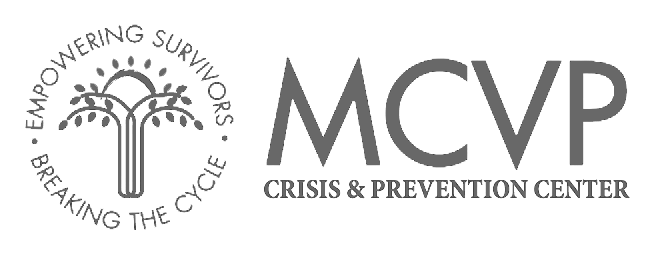GET HELP NOW
Source
https://www.webnots.com/css-faq-or-accordion-widget-for-weebly-site/
-
An advocate from the local crisis center will be available to provide you with free, confidential, nonjudgmental, emotional support, information and resources to help you make an informed decision about what type of care you would like to receive.
-
The exam is conducted only with the informed consent of the patient. The exam should not be re-traumatizing for anyone. You may choose not to have any part of the exam that you are not comfortable with.
-
A medical history will be taken. The sexual assault nurse examiner (SANE)* or doctor will ask you questions about the assault including time and place of the assault, number of assailants, whether a condom was used, if weapons were used, and what type of penetration was performed by the perpetrator. You will also be asked questions about what you have done since the assault, such as whether or not you have showered, douched, changed clothes, defecated, urinated, brushed teeth, etc. The answers to these questions will assist the medical provider in providing you with the most appropriate care
-
In some instances of sexual assault, dried deposits of blood, semen or saliva may be found at the crime scene or on the body or clothing of either the patient or suspect. A buccal swab may be taken in order to determine the patient’s DNA profile for comparison with such deposits.
-
Clothing frequently contains the most important evidence in a case of sexual assault. If you are wearing the clothing you were assaulted in, with your consent, that clothing will be collected as evidence. You will be provided with clothing to wear home from the hospital.
-
A head-to-toe physical exam will be done to look for bruises, scratches, cuts and other external injuries. With your consent, pictures will be taken of any visible injuries.
-
If the assault happened within 5 days of the exam, a speculum examination for signs of injury and collection of any physical evidence left by the assailant will be conducted with your consent.
-
Hospitals may prescribe a prophylaxis to prevent pregnancy. Also known as “Plan B”, these pills are most effective when taken within 72 hours of the assault. The pills may prevent pregnancy, but will not terminate an existing pregnancy. For more information please visit www.go2planb.com.
-
You may receive medications or prescriptions for treatable sexually transmitted diseases such as chlamydia, gonorrhea and trichomoniasis. If this is the case, you will receive information for follow-up testing and medications. This is extremely important. The risk of acquiring HIV infection from a sexual assault are low. The SANE or doctor will discuss the risks factors, and side effects of prophylaxis (medication designed to prevent the spread of disease), with you at the time of the exam. If, based on the assessment, you choose to receive antiretroviral post-exposure prophylaxis, the NH Sexual Assault protocol requires the hospital to provide you with the full 28-day dose pack. You will not be charged for this medication.
Our Supporting Partners
The 12 member programs of the New Hampshire Coalition Against Domestic and Sexual Violence provide services regardless of gender,age, health status (including HIV-positive), physical, mental or emotional ability, sexual orientation, gender identity/expression, socio-economic status, race, national origin, immigration status or religious or political affiliation.
Funding for this website was provided by The Corporate Fund.
New Hampshire Coalition Against Domestic and Sexual Violence
PO Box 353, Concord, NH 03302-0353
(603) 224-8893
New Hampshire Coalition Against Domestic and Sexual Violence
PO Box 353, Concord, NH 03302-0353
(603) 224-8893
NH web design by Harbour Light Strategic Marketing













